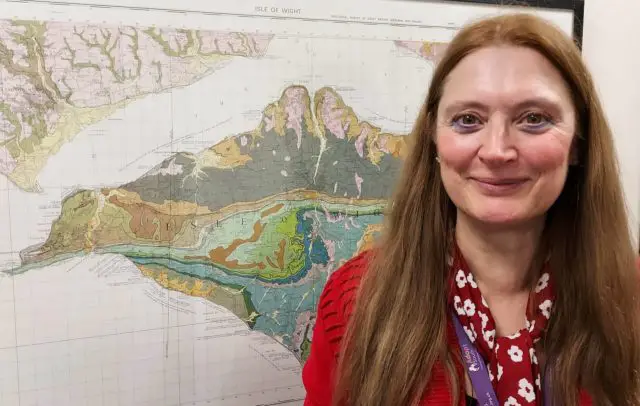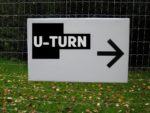An investigation into the handling of the Isle of Wight council’s plans to launch a consultation to close four primary schools on the Isle of Wight, is being demanded by opposition councillor, Michael Lilley (LibDem).
One week ago the Isle of Wight council issued a press release to the media announcing the plans.
Staff and parents informed by the media
Rather than simply launching a consultation considering the Island-wide school capacity implications, the council named three schools they planned to close and another to be amalgamated (effectively closing it).
Staff, parents and pupils at these schools had no knowledge of this plan until the media published the press release just before 11am on Friday (29th May).
Cabinet member pulls the plans
There are now calls for an investigation into the handling of the report, which outlined the closure plans, that was due to go to the Cabinet meeting next week.
This morning (Friday) the Cabinet member responsible for education, Councillor Debbie Andre (pictured below), announced that she’s pulling that report, saying she’s “listened closely to all comments and representations and feel a different approach is necessary”.

Remembering how the 2009 plans by the Conservative administration to change the education system on the Island (follow link and skip to earlier pages) from three tier to two tier were handled, many have been left wondering how this report was even signed off by the current Cabinet member.
Lilley: Devastatingly damaging and putting huge stress and worry on parents and staff
Councillor Michael Lilley, a recent member of the Liberal Democrat group of councillors at County Hall, told News OnTheWight that he’d written five times to the Leader of the council, Councillor Lora Peacey-Wilcox, calling for the report to be withdrawn.
Having met with parents, governors, union representatives and staff of St Mary’s Roman Catholic Primary School on Thursday, he explained,
“They have asked me to express their complete shock that St Mary’s has been listed in the report and totally object. Many received no notice of the inclusion of St Mary’s School in the report which has had a devastating effect on the school, the Catholic and wider community. They were not consulted or forewarned in any way from their perspective that St. Mary’s was at risk.
“The report’s figures in regard Ryde Schools are viewed as incorrect and misleading and there is no attached detailed analysis and rationale why St Mary’s would be targeted.
“Although no final decision would be made until consultation, the damaging way St Mary’s School has been targeted for closure is unfair and the sheer suggestion of the school closing has already been devastatingly damaging and put huge stress and worry on parents and staff in a school catchment area of the poorest wards in Ryde and Isle of Wight. Families (parents and staff) already struggling in the severity of the cost-of-living crisis now have the added burden of total insecurity on whether their children will have a school to go to in the future.”
He went on to call for an investigation,
“There needs to be a full investigation in how this report has been handled and the Council and LEA have to take responsibility for the suffering, stress, anguish and worry this action has caused families.”
Lilley: Felt they were a targeted minority and discriminated against
A petition to save the school was launched and has already received more than 1,000 signatures. Councillor Lilley continued,
“Although, St Mary’s supports the principle of School Place Planning they were absolutely horrified they were chosen as a targeted school and parents, governors, and staff should not have been informed in this public and totally insensitive way.
“Parents, who are Catholic, felt they were a targeted minority and discriminated against. They felt strongly their right of choice had already been taken away from them and their human rights violated.”
Warning from school leaders
Last summer (2022) school leaders cautioned the authority that maintaining an excessive number of open schools would jeopardise students’ educational quality, due to stretched funding.
They said that keeping too many schools open risks condemning pupils to a mediocre education long into the future.
Image: © With kind permission of Allan Marsh





